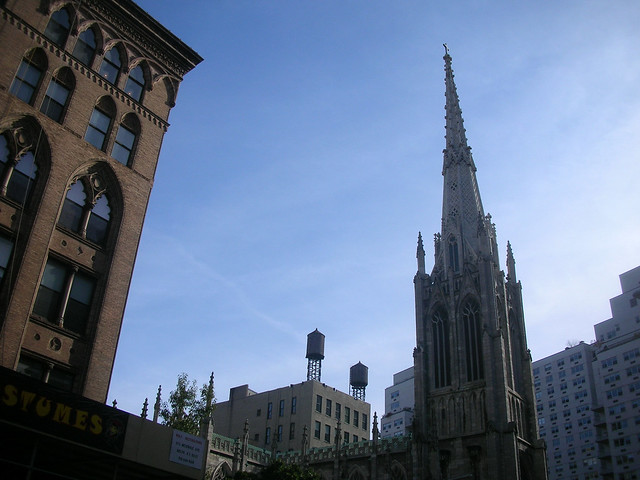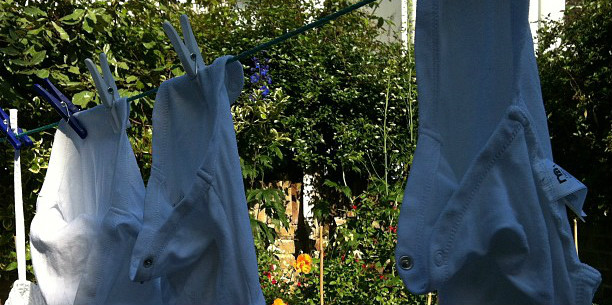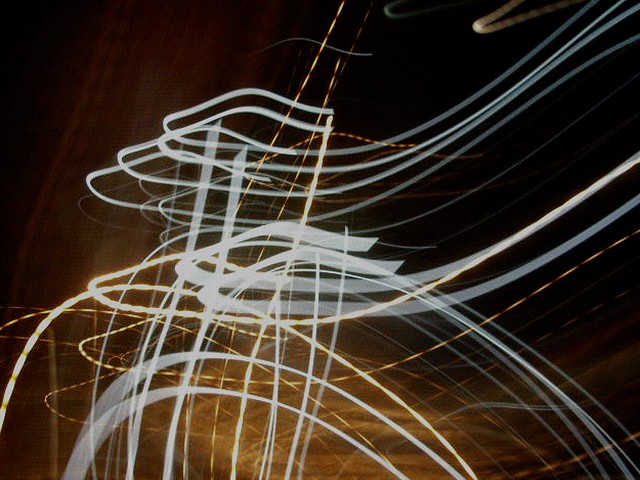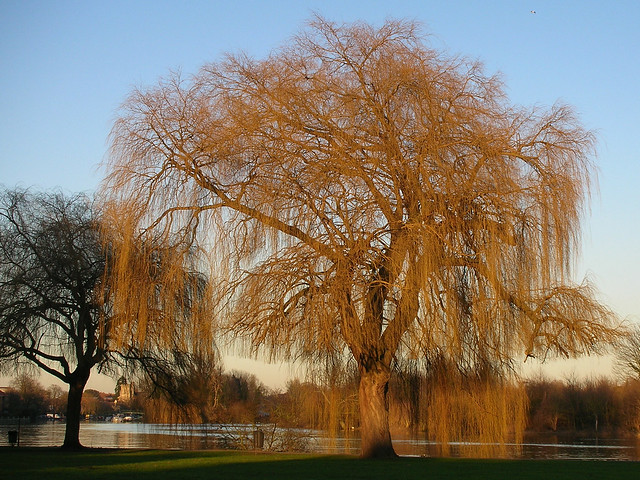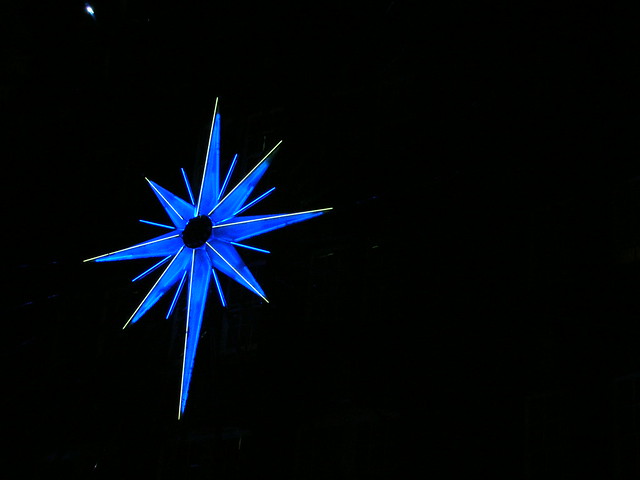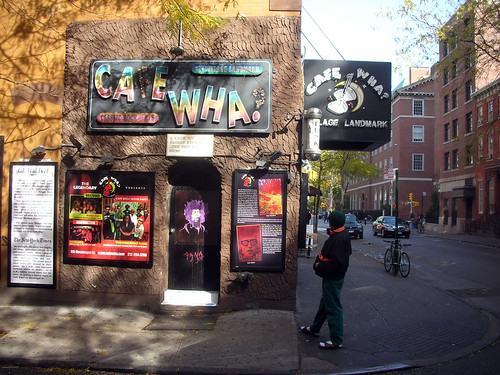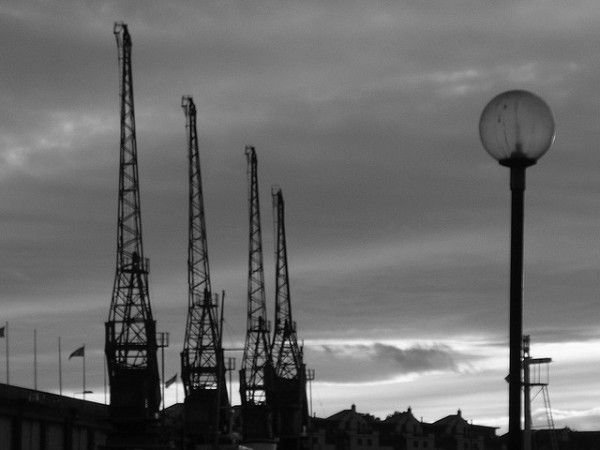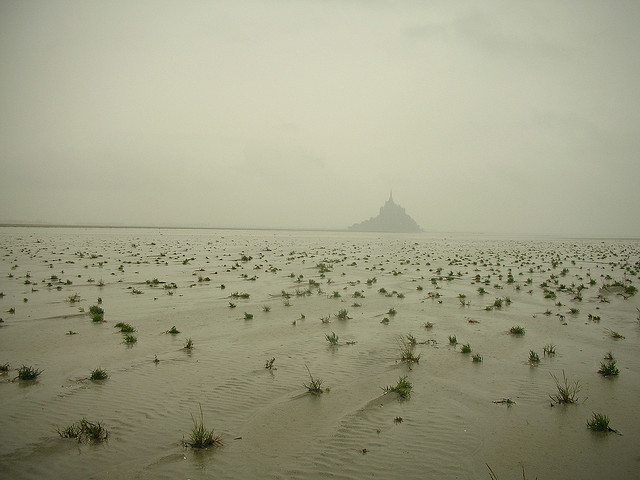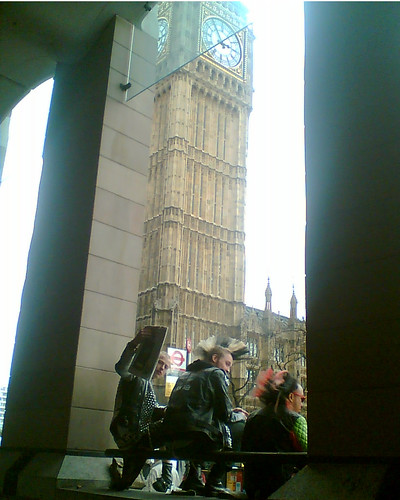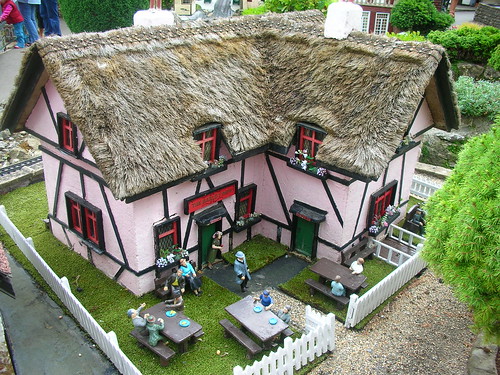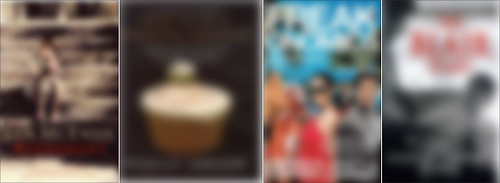Posts Tagged ‘bbcnews’
Hotel California | BBC News
23 August, 2018A Smashed Hits about (the) Eagles’ Hotel California:
“Vaguery is the primary tool of songwriters,” Frey told a journalist during a 2003 pro-am golf tournament in California’s Pebbel Beach, where he was partnered with Huey Lewis. “It works, it means whatever the listener wants it to mean.”
Sources: History of the Eagles; Hit Story: It All Started Because Of Rattlesnakes; Rockin’ ‘Round The Round, SF Gate; Jennifer Parker’s McBusted: The Story of the World’s Biggest Super Band and this lovely data collection from Southern California Public Radio.
Trump, double-negatives and politics | BBC News
23 July, 2018A quick piece for the BBC about double negatives:
It’s hard to understate how often we find ourselves using two negatives when we don’t mean to – in fact, this sentence begins with a common example
See also:
Stand By Me | BBC News
21 May, 2018A piece for BBC News about the use of Stand By Me at the royal wedding:
That’s why Harry and Meghan’s choice of song meant more than if they’d gone with, say, Ed Sheeran’s Shape Of You. And the performance by the Kingdom Choir takes Stand By Me back further still, re-infusing it with the defiance as well as the devotion of gospel.
Election Lexicon | BBC News
12 May, 2017By me for BBC News: Election Lexicon, the words which “caught the ear” in a week of campaigning.
27 May: [campaigning suspended]
Bob Dylan’s Forever Young | BBC News
17 December, 2015A Smashed Hits piece for the BBC News Magazine about this year’s X Factor Winner’s Song, Bob Dylan’s Forever Young:
The Dylans decamped to rural New York state for some peace. They didn’t get it. The presence of Bob Dylan gave the tiny town of Woodstock such countercultural kudos that its name was given to an “aquarian exposition” – the famous 1969 festival in a neighbouring county which didn’t feature Dylan, but did bring half a million people into his back yard.
For some of them, “Dylan’s back yard” was no metaphor, and they never went away. The Dylans soon wearied of finding hippies in the trees around their home and Dylan became frightened that he might have to use his “clip-fed Winchester blasting rifle” to keep them from his family. Onwards, then, to an Arizona ranch.
Louie Louie by Richard Berry, and the Kingsmen | BBC News
30 April, 2015A piece about the origins of Louie Louie and the FBI’s investigation for the BBC News Magazine.
The Kingsmen noticed that their audiences now included middle-aged men in suits and shades and were soon questioned by the Feds, apparently being told: “You know we can put you so far away that your family will never see you again.”
They insisted that Louie Louie was innocent, but as ardently as they’d sought reds under the bed, and over the course of two-and-a-half years, the G-Men contrived a series of eye-wateringly unpalatable images and practices from Ely’s mumbles.
Why Nick Drake’s is music of comfort, not of despair | BBC News
25 November, 2014On the 40th anniversary of Nick Drake‘s death, a short piece for the BBC News Magazine:
His first album, the pastoral Five Leaves Left, correspondingly begins with the lines: ‘Time has told me you’re a rare, rare find / A troubled cure for a troubled mind’.
The second, Bryter Layter, is purposefully upbeat and the last, Pink Moon, ends: ‘So look, see the sights, the endless summer nights / And go play the game that you learned from the morning’. This is music of comfort, not of despair; rebirth, not death.
Here’s the documentary mentioned, A Skin Too Few:
https://www.youtube.com/watch?v=nrmR_F5XgwQ
And there’s a John Peel version of my favourite track, Cello Song, at the Guardian.
The Beach Boys’ God Only Knows | BBC News
9 October, 2014A piece for the BBC about how Brian Wilson and Tony Asher composed God Only Knows.
These conversations were fractured. Wilson, who had been denied a childhood, would break off to show Asher his mechanical parrots or to watch episodes of Flipper, an “aquatic Lassie” series about a dolphin which invariably reduced him to tears.
In time, Wilson played Asher the pieces of music he had in mind for an album called Pet Sounds and Asher essayed some lyrics to fit the themes Wilson had in mind. When they got to God Only Knows, things didn’t start well. Wilson felt that “I may not always love you” was absolutely the wrong way to kick off a love song. Too negative, he insisted.
Indebted to Nick Kent’s The Dark Stuff, Kingsley Abbott’s Pet Sounds: The Greatest Album of the Twentieth Century, Timothy White’s The Nearest Faraway Place: Brian Wilson, the Beach Boys and the Southern Californian Experience and Brian Wilson’s Wouldn’t it be Nice: My Own Story (with Todd Gold (and Eugene E Landy)).
- Other 60s pop dissected: What a Wonderful World; A Whiter Shade of Pale; Flowers in the Rain
- Much more on Murry Wilson at WFMU
- Image: South Pointe, Miami Beach
Ary Barroso’s Aquarela do Brasil for BBC News
25 June, 2014A piece for the BBC News Magazine about Aquarela do Brasil:
One rainy night in 1939, he wrote the opening lines of Aquarela do Brasil (Watercolour of Brazil): “Brasil, meu Brasil brasileiro.” This translates as “Brazil, my Brazilian Brazil”. Never have four words been more Brazilian, before or since.
The censors had issues with some colloquialisms and a folksy reference to tambourines, but Barroso persuaded them that his “samba exaltacao” was modern and patriotic enough to meet their exacting requirements.
I thoroughly enjoyed Misha Glenny’s radio documentary The Making of Brazil, Bryan McCann’s book Hello, Hello Brazil: Popular Music in the Making of Modern Brazil and Scott L. Baugh’s reference work Latino American Cinema: An Encyclopedia of Movies, Stars, Concepts, and Trends. I am indebted; they are recommended.
My favourite versions:
And here’s that Disney, and Ze Carioca alive and well in 2014:
- See also: the BBC’s World Cup song, Stevie Wonder’s Another Star
- Photograph of a football match in Bekonscot
Stevie Wonder’s Another Star for BBC News
7 June, 2014A short-form piece for the Beeb on Stevie Wonder’s Another Star, the theme tune for the BBC’s World Cup coverage:
Another Star closes side four of Songs in the Key of Life – the very end of a four-album run in which Wonder relentlessly outdid himself. He had originally intended to follow his previous, Fulfillingness’s First Finale, with a sequel.
Fulfillingness’s Second Finale was to be a darker, socially conscious experience, but Wonder’s ambition overtook him, and he spent two years putting together a double album (with bonus single) instead.
No space this time for a collection of cover versions, so here they are.
With the Tokyo Philharmonic:
Salome De Bahia:
Caron Wheeler of Soul II Soul, Afrodiziak:
Kathy Sledge of Sister Sledge:
And, of course, with Nile Rodgers and Daft Punk:
Bob Dylan’s Like a Rolling Stone for BBC News
2 May, 2014A brief thought on the auctioning of the lyrics for Like a Rolling Stone for the BBC News Magazine.
The Times They Are a-Changin’ owes not a little to the Sermon on the Mount’s “Blessed are the meek, for they shall inherit the earth”. That earlier Dylan could be reassuring, even. You can imagine The Times They Are a-Changin’ coming from a gospel choir. Like a Rolling Stone, from 1965, is anarchy, and Dylan sounds like he’s enjoying it.
- See also: London Calling; A Whiter Shade of Pale; Killing in the Name
- Image of Cafe Wha?, Greenwich Village
Elvis Costello’s Shipbuilding for the BBC
7 November, 2013A short-form Smashed Hits piece for the BBC News Magazine about Shipbuilding, pegged to the closure of the Portsmouth shipyards.
It would have sounded very different if Costello had written the song for himself – or written the music. Shipbuilding was originally a piano piece written by Madness’s producer Clive Langer for a gentler performer, Robert Wyatt. Langer bumped into Costello at a party and suggested they go out to his car and listen to a cassette of the tune. Costello subsequently called from an Australian tour to say he had “the best lyric I’ve ever written”. Wyatt’s song was made – and in 1983 Costello recorded it himself.
No room, sadly, for Chet Baker playing at London supper-and-jazz club The Canteen, approached by Costello and offering to play on EC’s version for scale. “I think we probably doubled it,” remembered Costello.
Louis Armstrong’s What A Wonderful World for the BBC
10 December, 2011A piece about Louis Armstrong’s What A Wonderful World for the BBC.
It’s also irrepressibly public-spirited, people shaking hands on the street are, apparently, ‘saying I love you’ – illustrated in the Attenborough video, oddly, by two hippopotamuses fighting each other in the Okavango river.
And this is not the first time What A Wonderful World’s generosity of spirit has been juxtaposed with less-than-cheerful imagery.
No room, sadly, for Armstrong’s 1957 refusal to join a goodwill visit to the Soviet Union, saying: “The way they are treating my people in the South, the government can go to hell.â€
- Smashed Hits on perhaps-unlikely politics: Down Under; Two Little Boys
Bright blessed day photograph taken in Richmond Park; dark sacred night in Almondsbury – both in voguish Pano formatAccidentally permanently deleted and replaced with Mont St Michel
The Clash’s London Calling for the BBC and NPR
28 July, 2011As the countdown to the 2012 Olympics kicks off with an unlikely theme song, I look London Calling and its zombies and heroin for the BBC.
“The Clash were supporters of pirate radio and considered launching their own station; this love song to the wireless signal recounts what, in punk terms, is up-to-the-minute and truthful news. But it isn’t saying ‘come and enjoy the canoe slalom’.”
Major hoorays to Marcus Gray’s Route 19 Revisited for the key fact that London Calling was originally inspired by Joe Strummer’s dislike of sports fans visiting London, as he explained to Kosmo Vinyl (Clash On Broadway box set booklet, 1991). Awkward [Update [1 Aug]: Praise be! Route 19 is imminently in paperback. There is nothing more interesting to say about 1979; I know – I tried! Buy it – it is The One.]
Sadly there was no space to mention Clash fan of Indian origin Harraj Mann, questioned in 2006 under the Terrorism Act after a taxi driver taking him to Heathrow airport became alarmed that he was listening to London Calling and called the police. The incident was seen as a massive overreaction, suggesting either that the song has lost its incendiary power, or that the authorities were being over-cautious – or both.
Also neglected was the way Strummer starts “doing” Tommy Steele’s Singing The Blues at the end (“I’ve never felt so much a-like…”), never better described than by Tom Ewing: “No consonant is safe with Steele around, words pool into one another in a shrugged gush of pre-meditated moodiness.”
Update [30 Jul]: Here is wireless nabob Scott Simon of NPR’s Weekend Edition Saturday yakking with me (see also NPR’s blog The Record):
- Image of comedy London punks in Westminster, 2006. It turned out, as they snarled at me, that I’d broken some implied contract where I’d pay to photograph them in a public place.
- Here’s an old BBC “London Calling” poster: “Throughout Europe, men and women are risking imprisonment, and even death, to hear the news from London, because they know it tells them the truth.”
- Some overlap with an earlier piece I wrote about (White Man) In Hammersmith Palais.
- People who like to know about mixing an instrument DI with a Neumann U87 on the cabinet will appreciate Mix’s Classic Tracks feature on the song; this BBC audio slideshow on the London Calling album is less abstruse.
Queen’s Bohemian Rhapsody for the BBC and NPR
15 June, 2011Radio 4 listeners have chosen Queen’s opera-headbanger as their favourite Desert Island piece of pop; I explain all in a feature for the BBC News Magazine, What is a Bohemian Rhapsody?:
“Freddie Mercury used a piano as the headboard of his bed. The double-jointed Mercury would awake with inspiration, reach up and back behind his head and play what he’d heard in his dreams. This was how Bohemian Rhapsody began.”
Update [22 Jun]: Here is Scott Simon of NPR’s Weekend Edition Saturday yakking with me about Bismillah and Scaramouche:
- Other florid lyrics I have enjoyed dissecting: Flowers In The Rain; A Whiter Shade Of Pale.
- More American public radio below; I discuss Daniel Powter’s Bad Day [article here] with John Schaefer on WNYC’s Soundcheck.
- Photo taken at the Alhambra in AndalucÃa‎ and included in tribute to Dr Matthew Beaumont‘s evocation of Moorish architecture. [More Beaumont in his book with Patrick Keiller, Chris Petit, Iain Sinclair et al, Restless Cities
.]
Google-Proofing the Pub Quiz
1 June, 2011I’ve written a feature for the BBC News Magazine about how pub quizzes can survive the smartphone era.
“Text-messaging Is Destroying the Pub Quiz As We Know It, noted the Super Furry Animals in 2001. Little did they know that the pub quiz of 2011 would start with the host insisting: ‘OK, iPhones away, please. Yes, very clever – and Androids. All phones away.’
“Cheating has always been possible in pub quizzes. But while once the dishonest quizzer had to pop out to phone a friend, or wait for a text message reply, phones with fast internet access have taken cheating possibilities to a new level.”
- Related: a piece by me for the BBC about Google getting us to teach it to see.
- Sadly, I was only able to talk to Stuart Jeffries, who sets the King William’s College Quiz, after publication. Perhaps next time.
- The last time I talked quizzes for the BBC was in this report by the excellent Chris Vallance for Broadcasting House on Radio 4.
- Photo taken at Bekenscot Model Village.
- One type of question which there wasn’t room for was the Blurred Cover. Below are four best-sellers. But what are their titles and authors?


